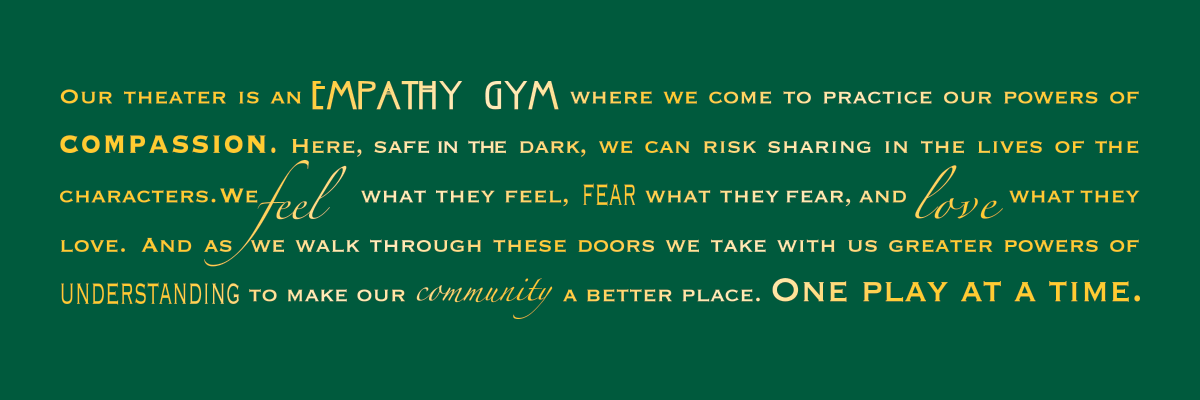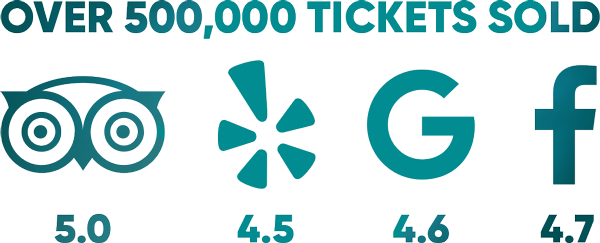During his Memorial Day address, President Biden said, “Empathy is the fuel of democracy.” I wonder, does that seem like a political statement? To me, it seems like the opposite of politics: that no matter what your political affiliation, being able to put yourself in your adversary’s shoes creates the understanding necessary for the people to govern together. I may disagree with you, but having imagined myself in your position, my heart has softened, my mind has been opened and I can sit down with you to talk, to seek ways to find solutions, to collaborate towards the common good.
Does this paragraph seem like an endorsement of Mr. Biden’s political agenda? That is not my intent. Regardless of which “side of the aisle” this statement was made from, whether liberal or conservative, I would applaud it with the same level of enthusiasm. Empathy is such a powerful force because it doesn’t ask you to belong to a particular religion or political party; be from the left, the right, or the middle. It doesn’t care if you are wrong or right, rich, or poor, famous or infamous, good or bad. It simply asks you to really, really, really try your very best to imagine how the person who disagrees with you feels and thinks, to take the time to sit quietly in contemplation about what it really means to live the life of another.
I have made the case many times that theatre was invented by humans for the practice of empathy, and that live theatre, with all of us in the same room, is the most likely place for empathy to be born, to sprout seed and spread till it takes over our hearts and makes us one. Scientific studies have found that while we are in a theatre we eventually start breathing together, our hearts synchronizing as we enter the imaginary story on stage. Theatre isn’t the only place where we can feel empathy. We can feel it from a song, a novel, a sporting event, a documentary. But those are solo experiences. In the theatre, the interplay between actor and audience forms the ideal scenario for empathy because we are all in it together, connected by a force greater than ourselves.
Some will correctly say that empathy is just an approximate guess. We can never know precisely what another feels, what another suffers. All of us are unique. The circumstances of our coming into this world and what we are blessed to come into it with, the experiences that shape our personality, the privileges we are given and the hardships we face, cannot be truly understood by any other. We know that understanding, the jewel that blossoms from an empathetic experience, is an approximation born in our imagination. We can only surmise what any other human feels, and it is our imaginary construct with which we identify, not the actual experience of someone outside of our skin. That makes it tricky to say, “I understand.” People may respond with, “no one can possibly understand me,” or “what is it you think you understand?” or “how dare you claim to understand?” It’s a risky thing to say, “I understand.”
In the theatre, however, the risk is mitigated. The object of our understanding is a fictional being invented by a playwright, whose vivid and lifelike characters are made flesh by the actors. In the theatre, we can risk understanding. The character will not challenge or criticize our attempt to understand, so we are free to nurture our empathetic imagination. And of course, the more we do it the better we get, the more deeply we open our hearts, the more adept our empathy muscle becomes, the more complexity and contradiction, the more layers of personality, the more mysterious pathologies we can apprehend. Our capacity grows and grows the more we practice. A few of us will become Olympic athletes of empathy, like Gandhi, Nelson Mandela, Martin Luther King. But all of us will become a bit more humane, more reasonable, less radicalized.
And I hope that practice will lead us to have less fear of saying those words, “I understand,” in the real world and take that real-life risk that someone could reject our understanding. My guess is, in all the times you may have said those two magical words, 95% of the responses are, “Thank you.” And for the few that say, “You can’t possibly understand,” we can be ready with, “I know, but I want you to tell me more.” This empathy that we can risk feeling can nurture us and fill us with joy: this is the fuel that powers democracy. If democracy can be defined as “of the people, by the people and for the people,” we can only succeed at it by empowering those two magic words, “I understand.”
“I disagree, but I will do my best to understand.” Theatre nurtures empathy nurtures democracy.

Bill




I love reading what you write, Bill. You’re a wonderful thinker and writer (and theater manager!). Some of the workouts in the empathy gym are harder than others, at least for me. But the SF Playhouse is making me grow, and that’s valuable. And if I think of it that way — that I’m going to the empathy gym for a workout, not for entertainment, it changes my expectations and it is much less of a struggle to get to the place where the experience blesses me; although I eventually get there in any case. Keep up the good work!
[…] a local theater group, and the executive director’s most recent emailed newsletter was titled “Theater Nurtures Democracy.” He connected the values of the theater with those of people living in today’s world. This […]